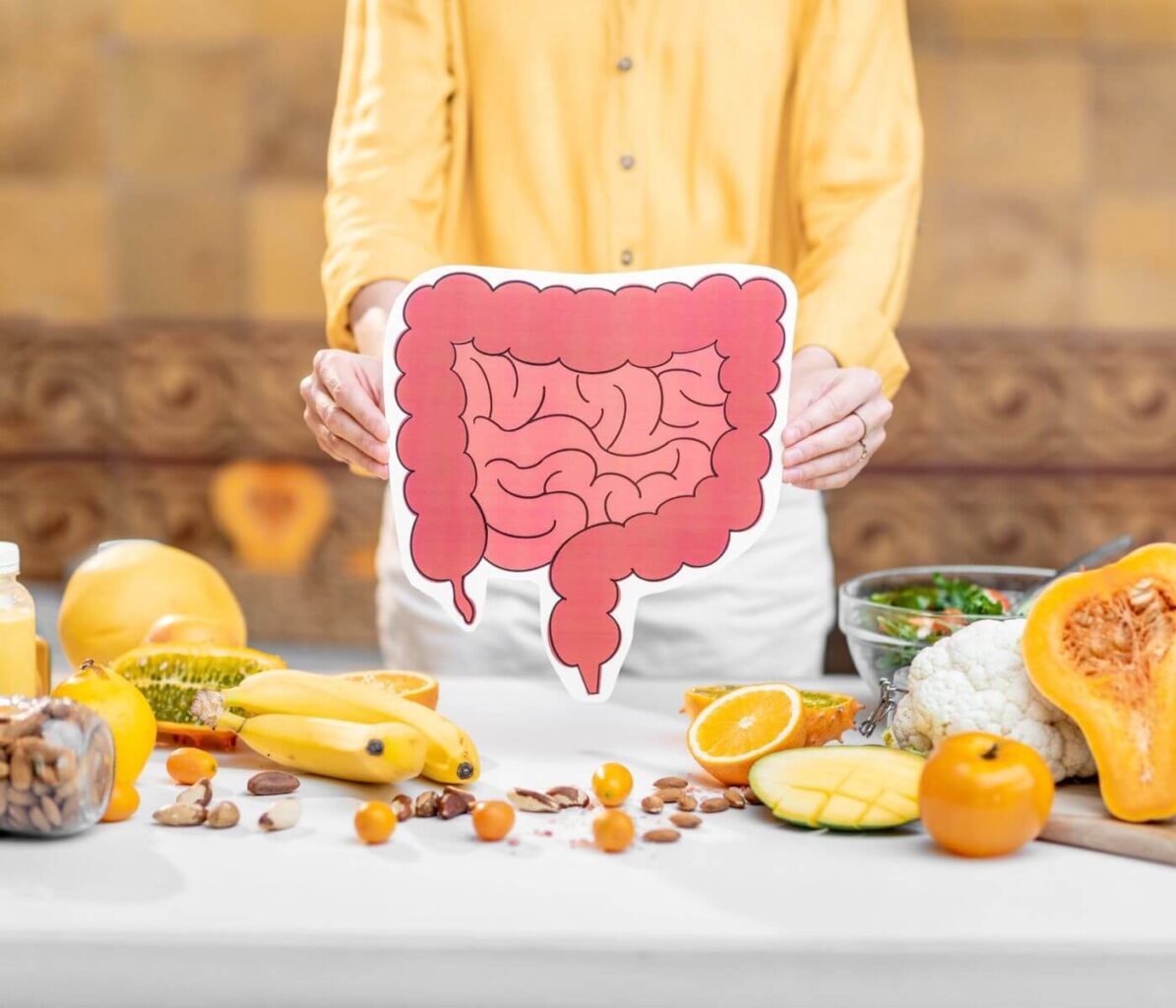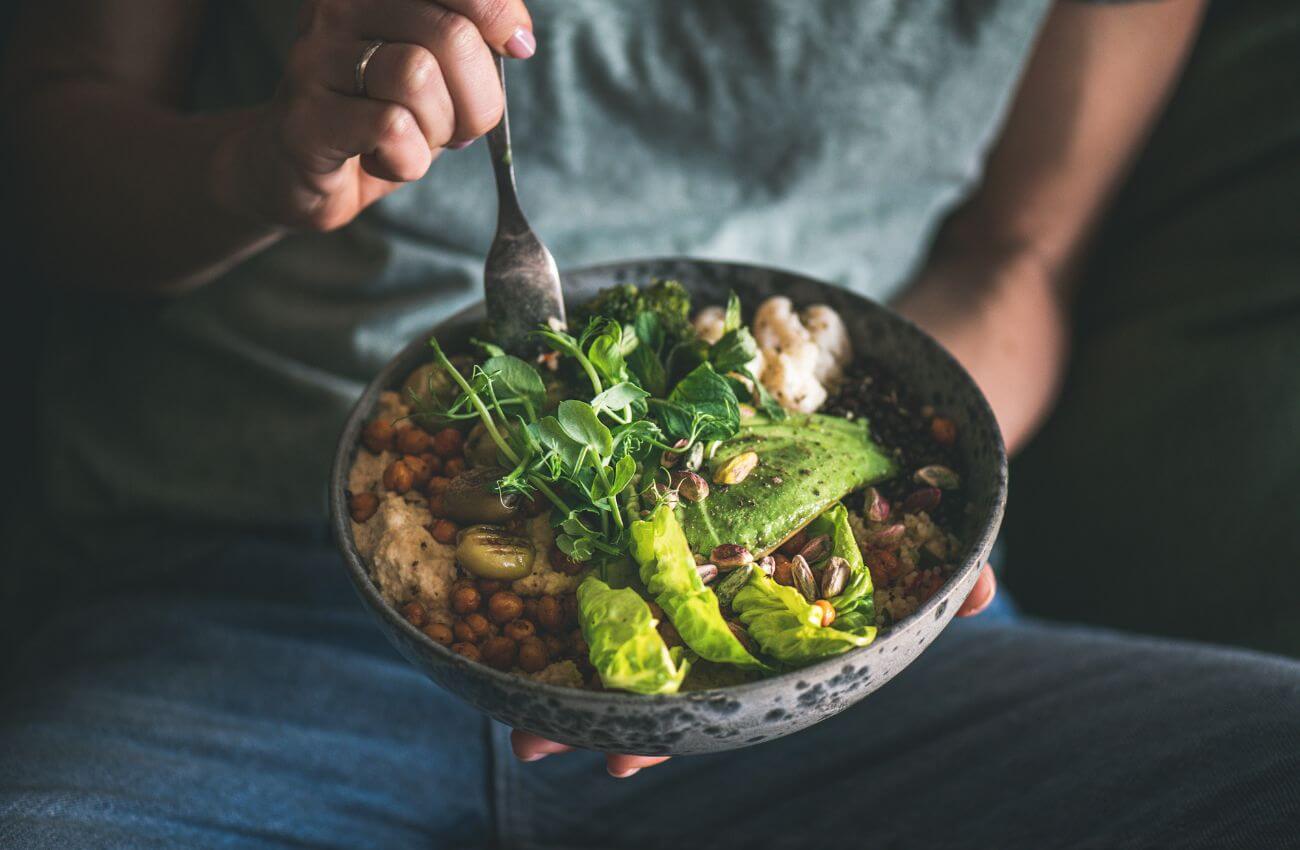When it comes to women’s overall health and wellness, gut health plays a pivotal role, and it’s especially important for women. A balanced gut can lead to improved digestion, enhanced immunity, and even better mood regulation. We delve into the intricate world of women’s gut health, exploring its significance, common issues, and practical tips for how to improve gut health.
The Importance of Gut Health for Women
Your gut is home to trillions of microorganisms, collectively known as the gut microbiota. These tiny inhabitants play a significant role in various aspects of your health, such as:
- Digestion: A healthy gut aids in the breakdown and absorption of nutrients, ensuring your body receives the essential vitamins and minerals it needs.
- Immunity: Gut health is closely linked to your immune system. A balanced gut microbiota helps defend against harmful pathogens.
- Mood: The gut-brain connection is real. A well-functioning gut can influence your mood and emotional well-being.
- Hormonal Balance: Gut health can impact hormone regulation, which is of particular importance to women, given the menstrual cycle and menopause.What are the signs of an unhealthy gut?
What are the 7 Signs of an Unhealthy Gut?
- Digestive issues: Frequent bloating, gas, diarrhoea, or constipation could indicate an unhealthy gut.
- Food intolerances: Developing sudden intolerances to certain foods, such as lactose or gluten, may suggest an unhealthy gut.
- Fatigue and low energy: An imbalanced gut can affect energy levels and lead to persistent fatigue.
- Mood disturbances: An unhealthy gut can contribute to mood swings, anxiety, or depression.
- Skin problems: Skin conditions like eczema, acne, or rosacea may indicate an unhealthy gut.
- Autoimmune conditions: An imbalanced gut microbiome has been linked to autoimmune diseases like rheumatoid arthritis or lupus.
- Weakened immune system: Frequent illnesses, infections, or slow wound healing can result from poor gut health.
Common Gut Health Issues for Women
Women are susceptible to various gut-related concerns, including:
- Irritable Bowel Syndrome (IBS): This chronic condition can cause abdominal pain, bloating, and changes in bowel habits, often more prevalent in women.
- Constipation: Hormonal fluctuations, especially during the menstrual cycle, can affect bowel movements and lead to constipation.
- Inflammatory Bowel Disease (IBD): Conditions like Crohn’s disease and ulcerative colitis predominantly affect women, causing inflammation in the digestive tract.
- Food Sensitivities: Women are more likely to experience food intolerances, which can disrupt gut health.
What Foods are Good for Women’s Gut Health?
- Fibre-rich fruits and vegetables: Include foods like raspberries, apples, broccoli, and artichokes to increase fibre intake, supporting gut health.
- Fermented foods: Yogurt, kefir, sauerkraut, kombucha, and miso provide beneficial probiotics for gut health.
- Whole grains: Incorporate whole grains like quinoa, brown rice, oats, and whole wheat bread for their fibre content and overall gut health benefits.
- Omega-3 fatty acids: Foods like salmon, chia seeds, flaxseeds, and walnuts can help reduce gut inflammation.
- Ginger and turmeric: These spices possess anti-inflammatory properties that can support a healthy gut.
- Leafy greens: Spinach, kale, and other leafy greens are packed with nutrients that nourish the gut.
- Bone broth: Rich in collagen and amino acids, bone broth supports gut healing and repair.
- Nuts and seeds: Almonds, walnuts, flaxseeds, and chia seeds are high in fibre and healthy fats, beneficial for gut health.
- Prebiotic-rich foods: Onions, garlic, leeks, asparagus, bananas, and oats contain prebiotic fibres that feed beneficial gut bacteria.
- Herbal teas: Peppermint, chamomile, and ginger tea can soothe the digestive system and promote gut health.

Tips for Improving Women’s Gut Health
Maintaining optimal gut health is achievable with these strategies:
Balanced Diet
Consume a diet rich in fibre, fruits, vegetables, and probiotic-rich foods like yogurt and kefir. These nourish your gut microbiota.
Manage Stress
Stress can negatively impact gut health. Engage in stress-reduction techniques such as yoga, meditation, or deep breathing exercises.
Stay Hydrated
Adequate water intake supports digestion and prevents constipation.
Probiotics
Consider taking probiotic supplements to boost beneficial gut bacteria.
Limit Sugar and Processed Foods
Excessive sugar and processed foods can disrupt gut balance. Minimise their consumption.
Hormone Management
For women experiencing hormonal fluctuations, consult a healthcare provider for strategies to manage gut health during these times.
Regular Exercise
Physical activity promotes healthy digestion and can aid in maintaining a balanced gut.
Women’s gut health is a critical aspect of overall wellbeing. By understanding its significance, recognising common issues, and adopting a proactive approach, you can support and improve your gut health. Remember, a balanced gut contributes to a healthier and happier life.




